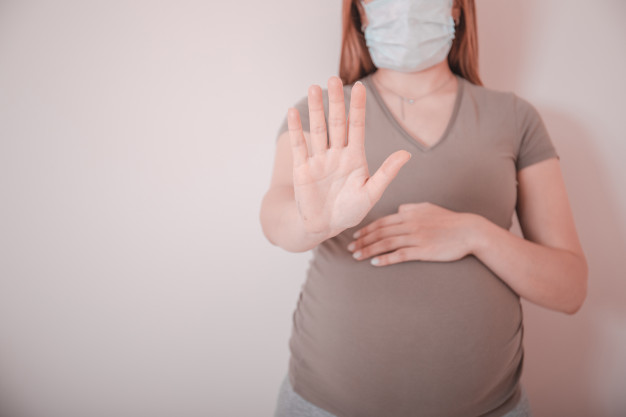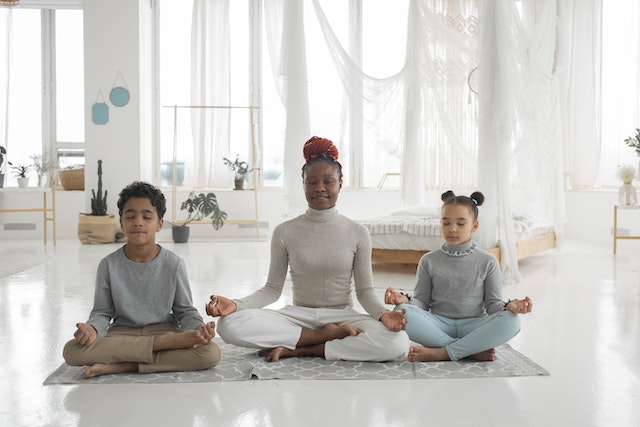Many children develop symptoms of respiratory or gastrointestinal distress like fever, cough, cold, throat pain, severe body ache, loss of appetite, abdominal pain, and weakness when they come in contact with the virus.
While the new year has brought some hope in the form of a vaccine, it is understood that inoculating a country as vast as India will take some time. Additionally, the vaccination drive will happen in phases, and there is still some time before it becomes available to children.

With schools opening up gradually, it is imperative that parents and teachers are aware of the dos and don’ts of keeping children safe from the virus, enabling them to fight, should they contract it.
Suggested Article: Children & teens can get COVID-19.
Dr Jesal Sheth, senior consultant paediatrician at Fortis Hospital, Mulund says COVID-19 infection among children is like any other viral illness. “We need to understand how the virus reacts and creates leads to different responses in different children. Every child does not become sick, and every child does not need hospitalisation. Close monitoring at home is important.”
The doctor says that many children develop symptoms of respiratory or gastrointestinal distress like fever, cough, cold, throat pain, severe body ache, loss of appetite, abdominal pain, and weakness.
Things to do if a child contracts the virus
– Develop a plan to protect the family and household members who are at risk of severe illness.
– Make sure your emergency contact information and school pickup and drop-off information is updated.
– If that list includes anyone who is at risk of illness, consider adding an alternative contact.
– Find out how the school will communicate with families when a positive case or exposure to someone with COVID-19 happens, and how they plan to maintain student privacy.
– Monitor your kids regularly.
Home monitoring
The doctor suggests that children should be monitored at home. Their temperature, pulse rate, oxygen levels and urine colour need to be checked every 4-6 hours. “If the child is active between two fever episodes, taking enough oral liquids and passing clear urine, and if their blood O2 levels are more than 95 per cent, they can be kept at home. Periodic tele-consultations with paediatricians can help parents stay more vigilant to warning signs.”
Related Article: How effective are the two COVID-19 vaccines rolled out in India, and are there concerns about safety?
Speak with your doctor if:
* There is persistent high-grade fever
* If there are breathing difficulties
* Finger pulse oximeter reads less than 95 per cent
* If the child is dull and weak
* If there is dark coloured urine or less urine
* Irritability or confusion
* If the child is sweating a lot and has unusual behaviour
* If oral intake is poor
* If there is persistent vomiting and loose motions
Source: Indianexpress
You May Like:
Can children get the Covid-19 vaccine yet?
There’s a lot of debate going on in the world about vaccination. Whereas most of the countries have started with the first wave of vaccination and other countries are on the verge of starting the vaccination, the world is confronted with the big question: Read More:










